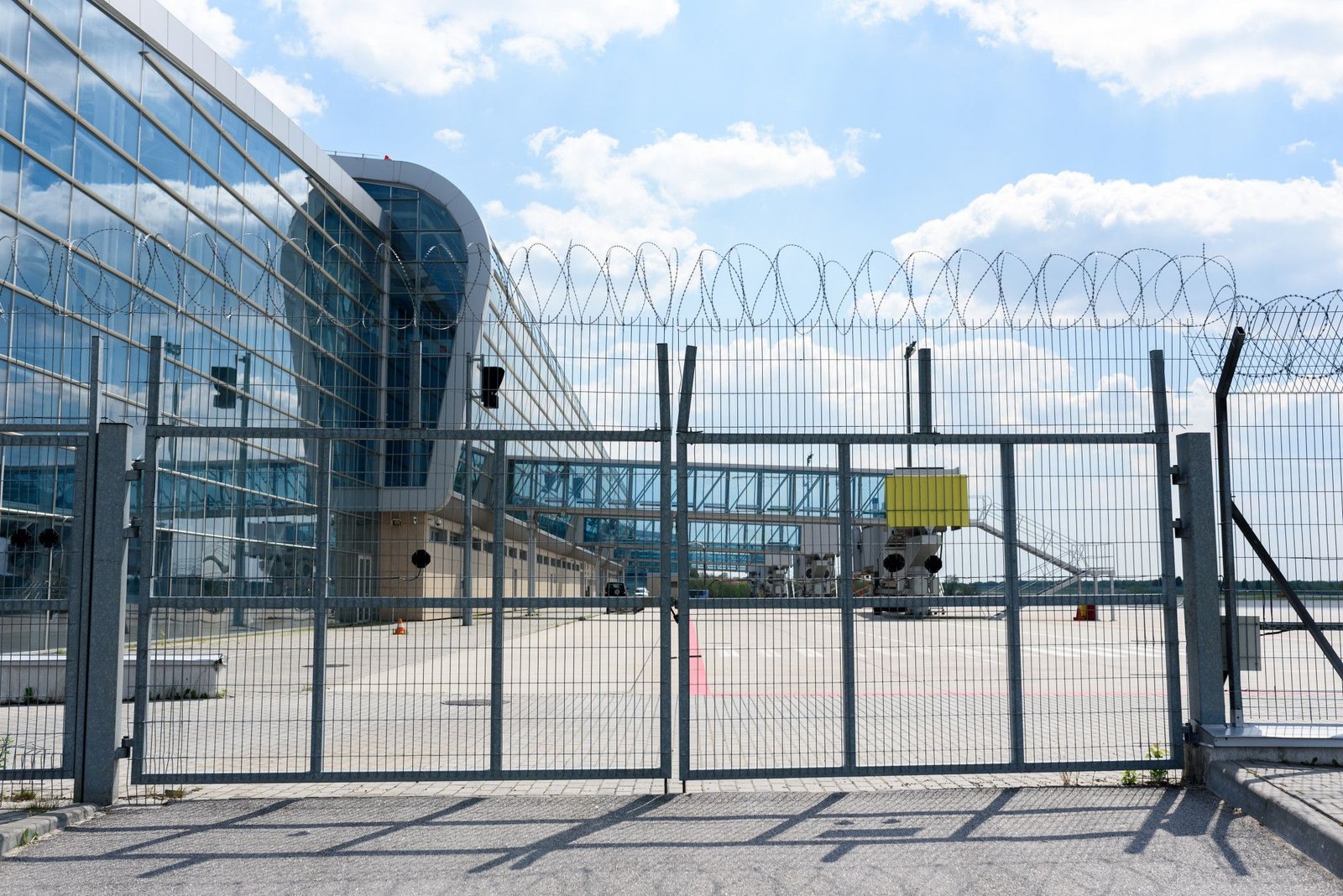

11 Venezuelans Holding Forged Schengen Visas Detained in Panama
The news was announced by the Panamanian Immigration authorities on Monday, September 26, AtoZSerwisPlus.com reports.
Swissinfo explains that after the authorities of Panama detected these passports that also consisted of Schengen visas, they consulted with the responsible European Union authorities. The EU authorities confirmed for them that they do not have any record of these visas in their verification system, and consequently, it was found that the visas were forged.
The same source clarifies that the group of these eleven Venezuelan citizens, of which four were minors, arrived in Panama from Caracas, the capital of Venezuela, and it is believed that they planned to reach Mexico.
The number of nationals of third countries holding fake Schengen visas has been on the rise in the last months.
Just recently, the authorities of Azerbaijan said that a total of 35 individuals were arrested in August for attempting to enter the country with fake Schengen visas, passports, and other documents.
The State Border Service of Azerbaijan said that apart from holding the above-mentioned fake documents, they also held forged date stamps on their passports.
Other countries have also reported similar cases. Earlier in August, the authorities of Morocco arrested six people who were involved in Schengen visa forging activities. The six individuals were arrested in the city of Oujda.
Commenting on the matter, the General Directorate of Territorial Surveillance said that of the total number of people that were arrested, two of them were women. Additionally, the same noted that these six individuals had links with a network that is involved in the falsification of Schengen visas.
A similar case was reported by the Spanish authorities too. The National Police of Spain arrested about 90 people who were distributing forged documents to facilitate irregular immigration to the country earlier in July.
The police revealed back then that the organisation received its customers through social networks in Spain, and once they received the first half of the payment, the production of the documents started in Istanbul.
Moreover, it was said back in July that the organisation consisted of members that were divided into two branches of criminal activities. One of the branches was responsible for collecting the money, whereas the other was responsible for sending the forged document to clients in Spain.
It was estimated that this particular organisation provided over 700 people with fake documents.


















